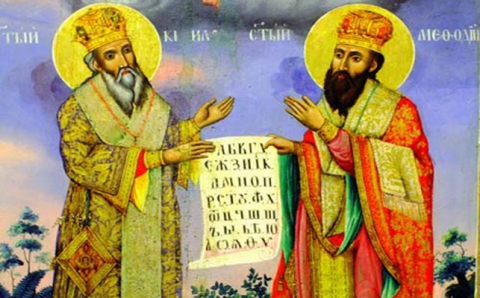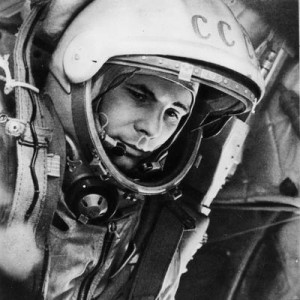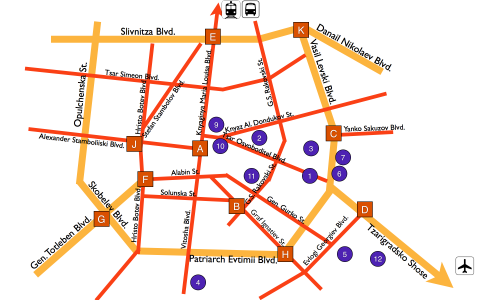Unified Bulgaria
07.09.2014 § 2 Comments
Bulgaria’s national day is deservedly March 3, 1878. After almost 500 years under the rule of the Ottoman Empire and a two-year war of liberation championed by Russia, a treaty signed on that day in the Istanbul suburb of San Stefano restored Bulgaria as a powerful state on the Balkans encompassing all the lands populated by Bulgarians and ruled by the idealistic Alexander I Battenberg, grandson of Queen Victoria and nephew to the Russian emperor. However, San Stefano Bulgaria was hacked up by the delegate nations at the Congress of Berlin only three months later. Ethnically Bulgarian territories (in striped red on the map) were divided into three distinct regions: the Principality of Bulgaria encompassed only Moesia and the Sofia region, Thrace became semi-autonomous under the name Eastern Rumelia and the status of Macedonia and parts of Thrace remained unchanged: they returned to Ottoman rule and their populations were brutally punished for the short gasp of freedom.

Prince Alexander I Battenberg
In this manner the Great Powers of Europe sowed the seeds for countless conflicts on the Balkans. Because of the Congress of Berlin, Bulgaria would spend decades struggling to once again unify all the lands considered ethnically Bulgarian in its borders. This struggle would cost it two national catastrophes and sour its relationships with Serbia, Greece and Romania, who’d believe (not entirely without cause) Bulgaria to be motivated by hegemony.
The Golden Sabre
24.08.2014 § 1 Comment
[Reposted in honour of the 137th anniversary of the battle of Shipka Pass]
It is well known that in history often insignificant circumstances can change the fates of nations. For example, the battle for Shipka pass in August 1877, the trial by fire of the newly formed Bulgarian volunteer corps and its most costly victory, was fought because of a sabre. A beautiful sabre, made of gold and encrusted with diamonds, but still, merely a sabre. « Read the rest of this entry »
Celebrating Cyrillic
24.05.2014 § 5 Comments
 May 24th is celebrated in Bulgaria as the day of two saints: St. Cyril and St. Methodius, of Bulgarian education and culture and Slavonic literature. It is a widely observed holiday in the country, on par with Liberation Day (March 3) and Christmas. It is a day largely devoted to celebrating the creation and the existence of the Cyrillic alphabet, which Bulgarian is written in.
May 24th is celebrated in Bulgaria as the day of two saints: St. Cyril and St. Methodius, of Bulgarian education and culture and Slavonic literature. It is a widely observed holiday in the country, on par with Liberation Day (March 3) and Christmas. It is a day largely devoted to celebrating the creation and the existence of the Cyrillic alphabet, which Bulgarian is written in.
Bulgaria may not be the largest user of Cyrillic today, but it is the first. The Cyrillic alphabet was the official script of Bulgaria before it was spread to Russia, Croatia, Serbia, etc. and it was Bulgaria’s Boris I who commissioned the two literary schools where thousands of monks would be educated and the first thousands of books in the new alphabet would be hand-copied and spread across the land.
It may be strange to see such importance placed on a set of symbols that we take for granted, but there is a great reason for our fascination with our letters, and a great accompanying story: the story with the greatest cultural significance in Bulgaria’s history.
A Dynamic Map Of Europe Since 1000 A.D.
29.04.2013 § Leave a comment
This map of Europe shows the tumultuous rise and fall of empires and states in the last 1000 years. Note Bulgaria’s fluctuations towards the middle bottom of the frame.
Gagarin in Plovdiv
08.09.2012 § Leave a comment

On May 23, 1961, 41 days after completing his pioneering spaceflight, first man in space Yuri Gagarin visited Plovdiv on his celebratory tour. He had coffee on the terrace of Hotel Trimontium with various dignitaries and he was made an honorary citizen of Plovdiv. This makes Plovdiv one of only 22 cities to do so, which is claim to fame enough.
However, what was known to very few people until days ago was that he had signed the hotel’s guestbook. « Read the rest of this entry »
Sofia’s Street Names and Major Landmarks
16.06.2012 § 2 Comments
What’s in a name? This post will give you a general idea of the layers of history and city planning in Bulgaria’s capital, based on the names of its major streets and arteries. Furthermore, it will acquaint you with several landmarks and important city squares.
Memory and Oblivion
12.06.2012 § 3 Comments
History knows hundreds of cases of historical facts being forgotten or purposefully shuffled towards oblivion. The purpose of history is, in my mind, to know where one stands by knowing where one stood and moreover to learn from past mistakes and appreciate the good and the bad of previous historical contexts.
June 2 – Day of Botev and all those who fell for the freedom and independence of Bulgaria
02.06.2012 § 3 Comments

Hristo Botev
Every year on June 2 at noon, for three minutes the air raid sirens across Bulgaria sound in alarm. Cars stop, pedestrians bow their heads and students rise at their desks. Everyone observes a moment of dignified silence.
The sirens have long since stopped warning of imminent danger – there are no enemy airplanes over Sofia, no foreign armies marching across the Thracian plains. The sirens sound to remind us of those Bulgarians who died for Bulgaria’s freedom and present-day peace. On June 2 Bulgaria remembers the armies of khan Tervel, who defended Europe against the Arabs, the defenders of Medieval Tarnovo, the heroes of the April uprising, the martyrs of Shipka, the young Bulgarian flying aces who defended Sofia from English and American bombers, as well as countless other known and unknown Bulgarians who laid their lives in the name of our sovereignty.
The Battle of Doiran and Bulgaria’s Greatest Military Strategist
28.05.2012 § 1 Comment

In 1914 Bulgaria was a young state, recently gained its independence and continuing to look for the means to realize the vision of unifying all Bulgarian lands within its borders. After the humiliating Treaty of Bucharest at the end of the Second Balkan War, Bulgaria was exhausted from two wars and in an economic crisis due to the loss of wheat-producing Dobrudza.

